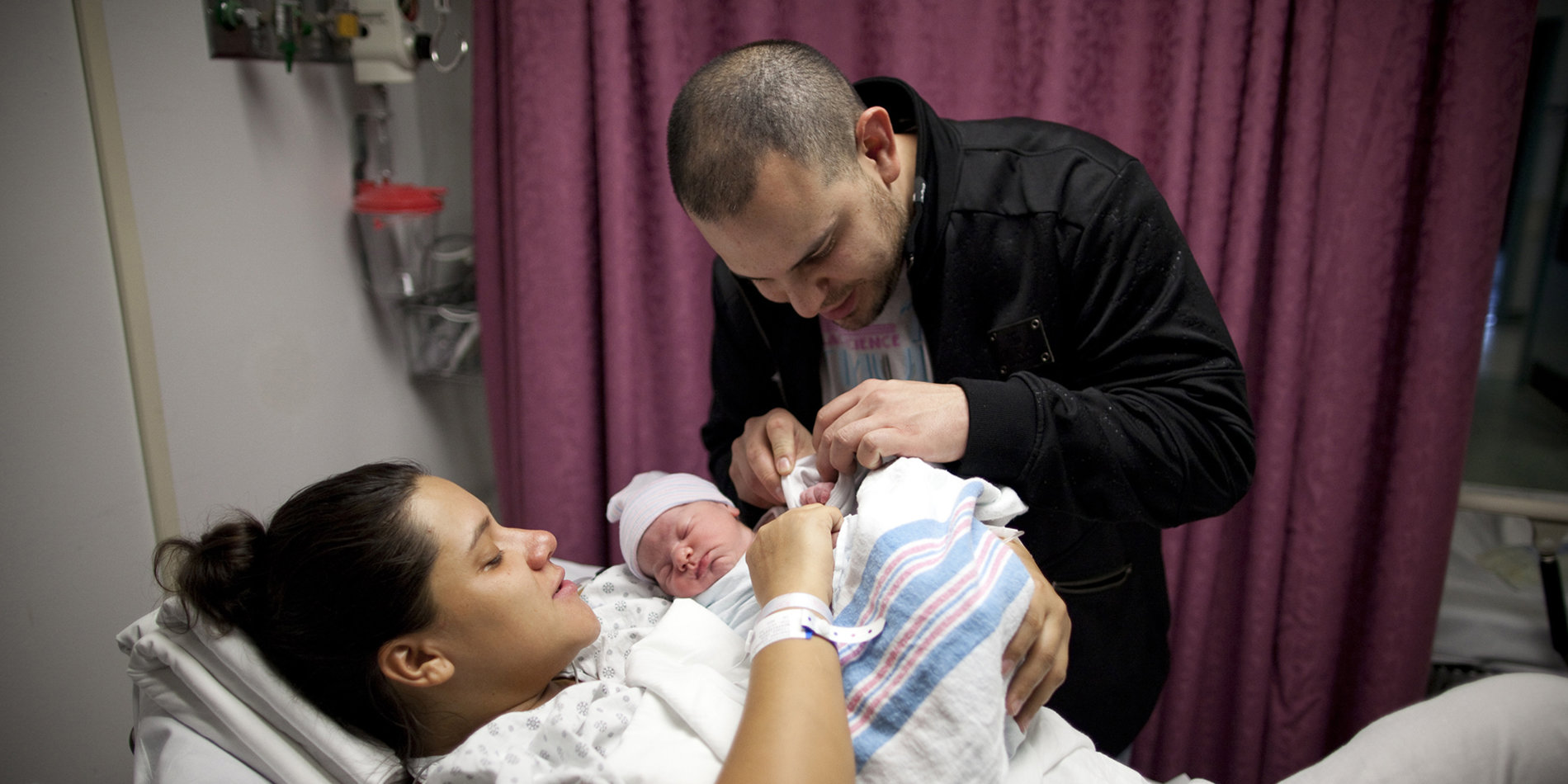Maya Rossin-Slater: Health policy and its impact on families
Can an expectant mother’s exposure to air pollutants or even extreme temperatures impact her unborn child’s earning potential 30 years later?
Can paid family leave improve workforce attachment for new mothers?
According to Maya Rossin-Slater, economist and an assistant professor of health research and policy at Stanford School of Medicine, the answer to these and other questions is “yes.” She says that research on these topics can provide policy makers with more comprehensive information on the costs and benefits in their decision-making, which is especially important for policies that have disproportionate effects on the less affluent.
Rossin-Slater says, for instance, that just 14% of Americans have access to paid family leave from their employers and the numbers grow starker the further down the economic ladder a new parent happens to be. The consequences are hurting not just future generations of Americans, but also American businesses, she says.
On this episode of The Future of Everything, host Russ Altman and Rossin-Slater discuss the many ways public policy decisions can affect families and America’s poor.
You can listen to the Future of Everything on iTunes, Google Podcasts, SoundCloud, Spotify, Stitcher or via Stanford Engineering Magazine.



